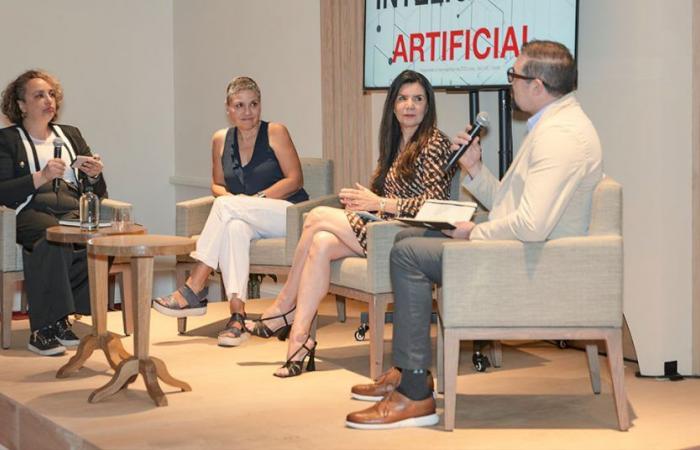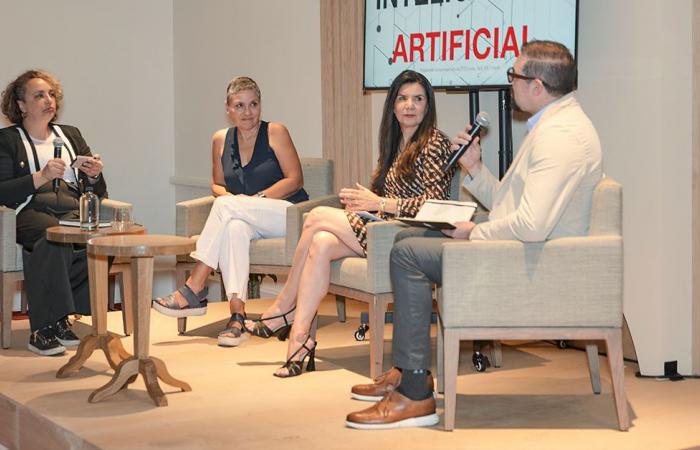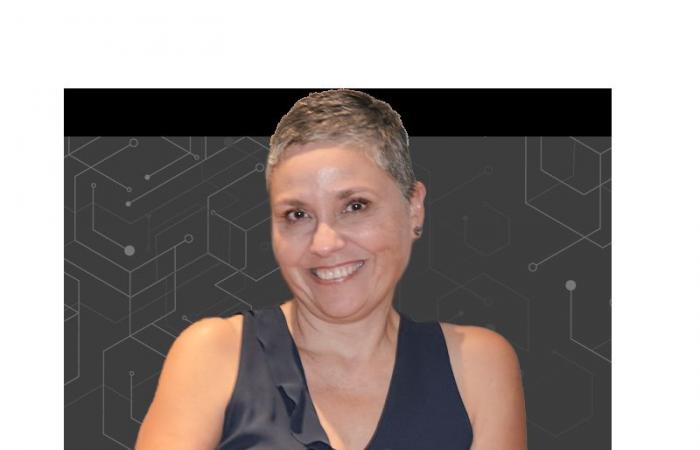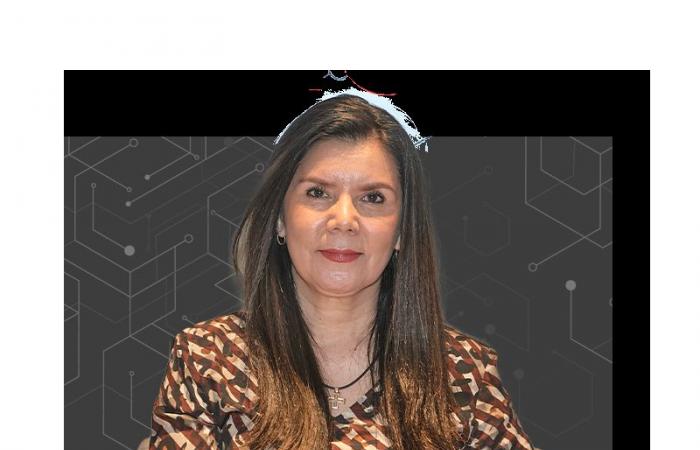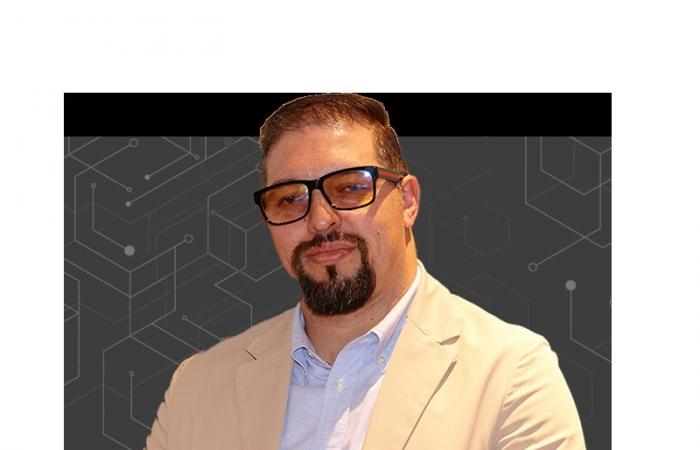Technology and digitalization directly impact humans, and Tata Consultancy Services (TCS) understands this perfectly. For this reason, the company has become a leader in the transmission of knowledge, helping other companies to integrate into the digital wave and take advantage of the opportunities offered by Artificial Intelligence in all its forms.
“We support the leadership of companies in areas such as automation, artificial intelligence, cloud, cybersecurity and everything related to new technologies”
Rajeev Gupta, Country Head of Tata Consultancy Services (Mexico) and Nearshore Head of TCS (Latin America).
It was part of his speech during the opening of the TCS + Expansión forum: In the era of Artificial Intelligence (AI), where fifty business leaders met to analyze some of the most outstanding aspects around AI.
Immersive reality
AI cuts across a multitude of productive activities and, at the same time, various technologies integrate AI. It is a convergence of functionalities and tasks that, together, create an “immersive reality” that we already experience in practice, said Luis Salcedo, Senior Partner at McKinsey.
According to Salcedo, the main technologies that make up this new immersive reality include:
“The implementation of AI, and achieving value from it, requires developing processes in the company. They can start with a 2×2 method (a matrix where the two priorities that generate value and two others that are the first that will alter the business are established)”
Luis Salcedo, Senior Partner at McKinsey.
Acquire new skills and talents
TCS conducted a study on the future of work, in which they asked a group of futurists about their perspectives in the era of Artificial Intelligence. 90% of the respondents were optimistic about the changes that AI will bring, especially for process automation, business scaling, and healthcare and wellness, among other things.
However, this environment generates a demand for professionals trained to interact with new technologies, which today is much greater than the supply. For this reason, it becomes crucial that professionals focus on fine-tuning their knowledge and skills to use them assertively in the digital age, noted the participants of the “Reskilling in the era of Artificial Intelligence” panel.
“AI is a transversal and multidisciplinary process. In the Applied AI master’s degree we also approach it from ethics and technical knowledge (…) we consider that students of architecture, humanities, medicine, also need to understand the application of AI to their areas, it is an update for everyone ”
Enrique Cortés, director of the Artificial Intelligence Hub of the School of Engineering and Sciences of the Tecnológico de Monterrey.
“Today there is an opportunity to take advantage of the new positions that arise with new talents, but also with reskilling of professionals who are already in the field (…) in this recruitment, soft skills or power skills also matter, that is, self-management, self-motivation and critical thinking”
Carlos Bueso. Managing Director at Experis Mexico, Central America and the Caribbean.
“There is a positive impact. Another way of calling AI is ‘Augmented Intelligence’, that is, it enhances the functions you already perform and represents opportunities for continuous learning with the skills you already have (…) Use technologies to rethink your business”
Gabriel Siler, Generative AI Specialty Head, BBVA.
“It is a fact that AI is here to stay and transform work and our lives as we knew them until now. That is why it is important to embrace this technology. “We are not going to be replaced by AI, but by whoever best adapts to this new reality.”
Alma Leal, Head of Marketing and Communication (Latin America) at TCS.
Previous
Next
Close the door to social engineering
According to a study on Risk and Cybersecurity conducted by TCS, advanced social engineering attacks are the biggest concern for CISOs when thinking about cybersecurity. The second is attacks that leverage AI and machine learning.
But, on the other side of the coin, AI can also be used to protect companies and that was one of the recommendations raised in the panel “Social engineering: the gateway that needs to be shielded.”
The specialists present at this table:
“The most important asset for companies is data. This is a major challenge, and what should be done as a priority? Protecting these foundations, ensuring that the information is protected. If we do not have a complete vision of how (Artificial Intelligence) is being managed, how it is going to be used, who is going to use it and how the models are going to be trained, what I would suggest is that we do a deep soul-searching.”
Andira Borgo, vice president of IT at ABC Medical Center.
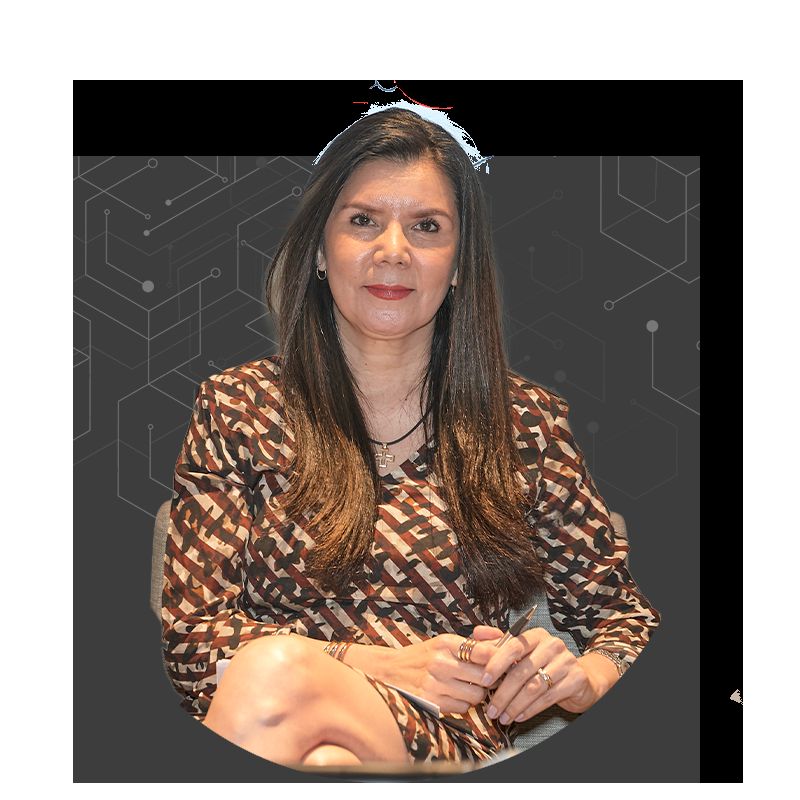
“I have been hearing for 15 years that humans are the weakest link in the chain and indeed they are, but I believe that the ‘art’ of institutions and specialists is in turning them into the strongest link (…) Once you combine layered security technology with human training, you can determine how vulnerable or not the information is.”
Elida Godínez, Director of Data, AI, Automation and Sustainability at IBM.
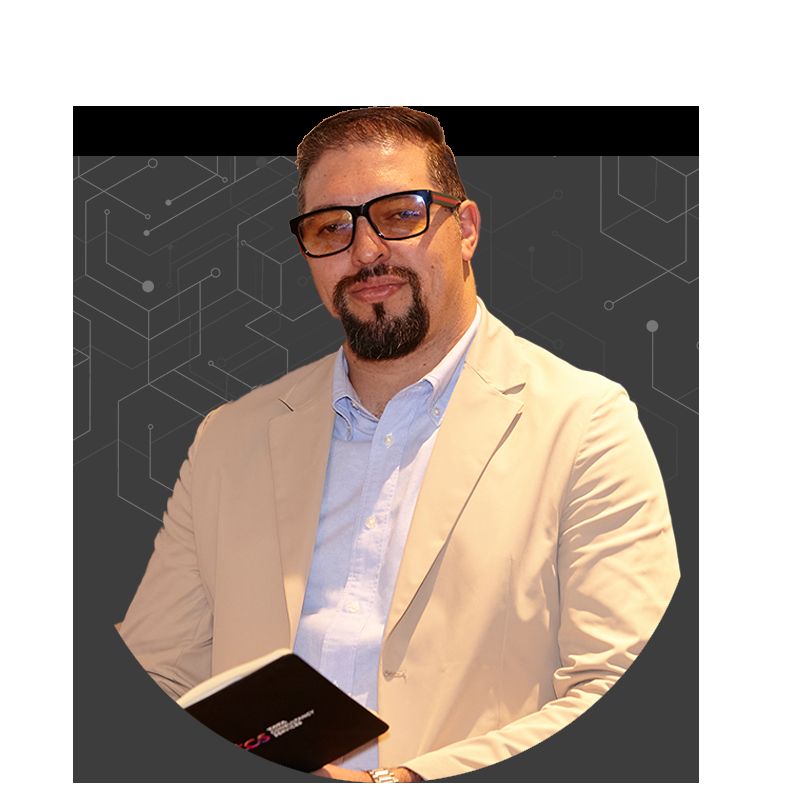
“People need to be taught to be perceptive, to question themselves three or four times before clicking, to take care of the information (…) Another very important point is the development center. When it comes to exponentiating these models (AI), this development center and the entire infrastructure have to comply with all security standards.”
Gustavo Urquieta, Head of Cybersecurity at TCS (Latin America)
And here are his five best recommendations to minimize the risks of attacks on businesses through deception, threats and other social engineering channels:
1. Attack drills and other exercises. It is necessary to go beyond theory and exercise, in practice, tests that refine the skills of employees so that they react assertively in real situations.
2. Restrict access to confidential information only to employees who need it. And then implement verification procedures to confirm the identity of the people who request it.
3. Constantly updating. Social reengineering is a constantly evolving threat, and has been perfected through AI and multiplied by avenues such as email and social media.
4. Using AI to protect the business. For example, it can automate repetitive tasks that create potential vulnerability gaps in employee interactions. It can also identify security incidents and determine the best course of action.
5. Classify business data. To take advantage of the company’s data, its order and categorization is essential. It will also be essential to strategically protect the most sensitive data.
AI is the convergence of various technologies to enhance human capacity. To take advantage of it, it is necessary to renew professional skills and prepare the business through change management tools. It is a powerful tool that leads us to the main productive trends of the years to come.

